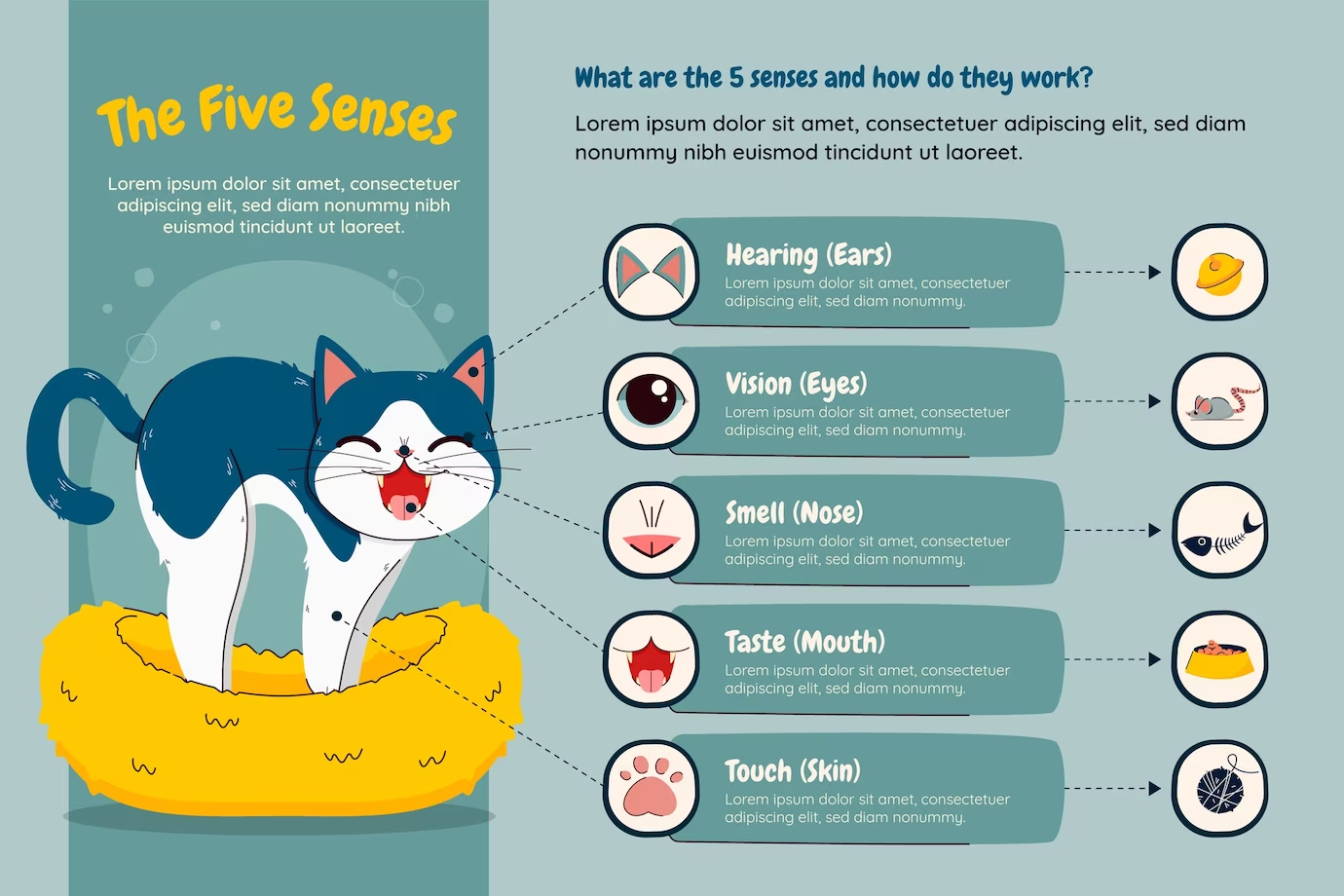The Well-Being Rewards of Cat Companionship: Unveiling the Science of Human-Feline Symbiosis
For millennia, cats have been cherished domestic companions, captivating hearts globally. Their appeal extends beyond mere adorableness; a plethora of scientific studies substantiates that cat ownership bestows manifold mental and physical advantages upon humans.
Psychological Tranquility through Feline Affection
Among the most universally recognized boons of having a cat is stress alleviation. Scientific inquiries confirm that the simple act of stroking a cat's fur can precipitate declines in blood pressure and alleviate anxiety. Some research even correlates feline companionship with diminished risks of cardiovascular diseases such as heart attacks and strokes. This therapeutic influence is attributed not just to the cat's inherently soothing demeanor, but also to the vibrational frequency of their purring, which has proven restorative effects on human physiology.
Emotional Resilience: Feline Friends as Mood Elevators
Cats serve as empathetic companions for those grappling with emotional turmoil, such as depression. Being a pet caregiver can instill a sense of purpose, combating feelings of isolation. Felines are adept at reading emotional cues from their humans, often offering comfort and companionship precisely when it's most imperative.

Tangible Health Benefits
Feline guardianship doesn't merely boost mental wellness; it also packs an array of physiological dividends. Cats' predatory prowess aids in rodent control, subsequently reducing the transmission risk of rodent-borne ailments like Hantavirus and Lymphocytic choriomeningitis virus. Furthermore, exposure to cats in early childhood is associated with a lower prevalence of allergies and asthma, thanks to the immunity-boosting properties.
A Low-Maintenance Relationship for the Busy Bees
Cats offer the optimal companionship for those with bustling schedules, requiring minimal grooming and self-entertaining for hours. Their autonomy makes them particularly fitting for modern lifestyles.

Social Flourishing through Feline Ownership
A study from the University of California, Los Angeles, suggests that cat owners not only possess enhanced social support networks but also experience less loneliness compared to non-pet owners or owners of other animals.
Fostering Empathy and Cognitive Growth in Children
Engaging children in pet care cultivates empathy and responsibility. Additionally, their cognitive development receives a boost as they learn to distinguish and categorize various animal species, including felines.
The Security of Feline Vigilance
Their keen senses and protective instincts render cats natural guardians. They often alert their human companions to potential dangers, providing a supplementary layer of security.
In Summary
The human-feline bond yields numerous mental and physical benefits, enhancing the quality of life for individuals across age groups. Whether you seek solace in a challenging life phase or a lifelong confidante, a cat can be an enriching addition to your existence.




Leave a comment
All comments are moderated before being published.
This site is protected by reCAPTCHA and the Google Privacy Policy and Terms of Service apply.